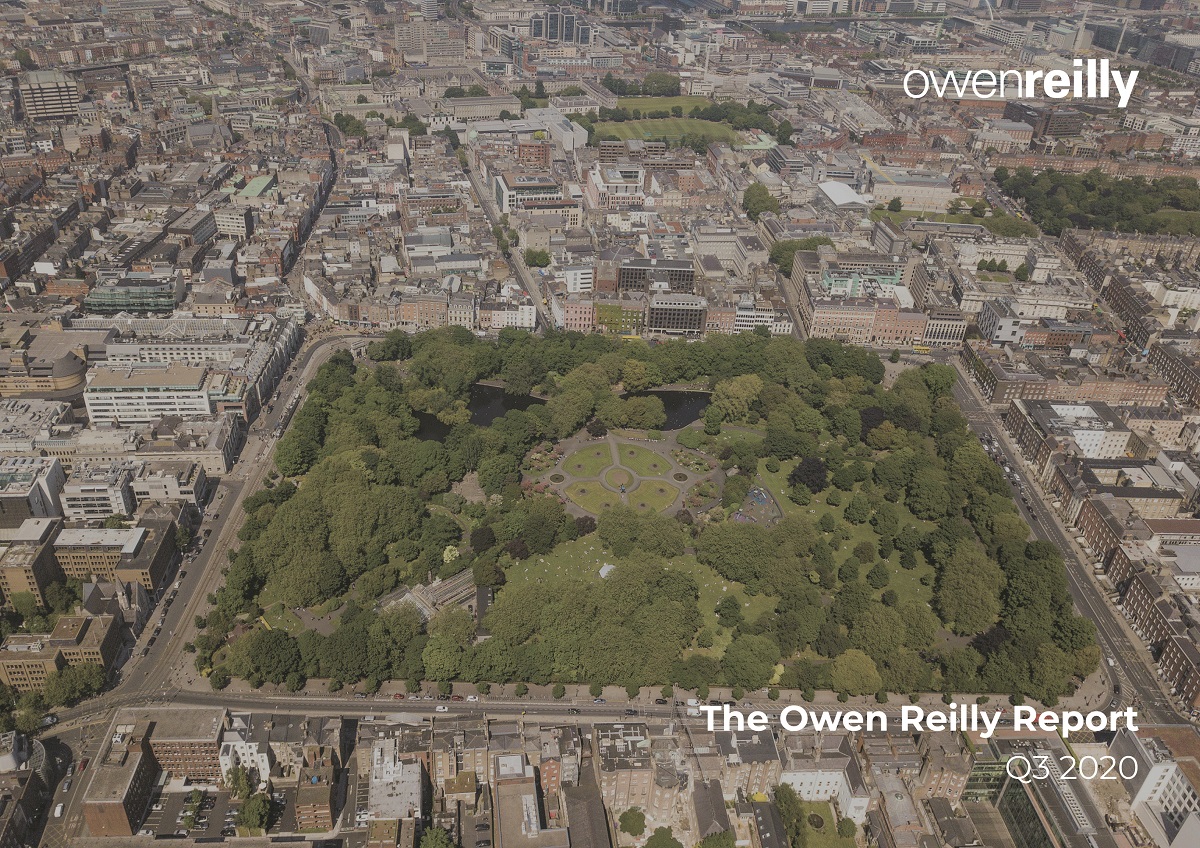Gordon Gekko
Registered User
- Messages
- 7,919
Hi @Gordon Gekko
It's a point in time comparison.
The various inputs (rents, mortgage outstanding, etc.) are dynamic so if you run the same analysis again in, say, five years time you will get a different result.
Bear in mind that the mortgage balance on the rental also reduces over time. Taken on its own, that is likely to reduce the advantage of maintaining the rental relative to paying off the PPR mortgage over time.
I think that the best approach would be to build a proper model for these scenarios which plots various ‘points in time’ based on certain assumptions.
I do think though that there’s a fundamental error in our analysis of these cases.
The interest saved in respect of the smaller PPR mortgage decreases to zero over a fixed period of time.
The rental income, on the other hand, should increase over time and should exist forever.
If I crudely compare the €2,000 that I could save this year on my PPR mortgage versus the €2,000 that I might make from a rental property, it’s not a valid comparison. One is shrinking and the other is growing; is it not a ludicrous comparison?
